VIJAY PRASHAD examines why in 2018 Washington started to take an increasingly belligerent stance towards ‘near peer rivals’ – Russa and China – with far-reaching geopolitical effects
Restoring fear: why Israeli soldiers rape
Leaked videos, starving prisoners and biblical revenge – RAMZY BAROUD peels back the layers of Israel’s desperate bid to restore fear after October 7 shattered its myths
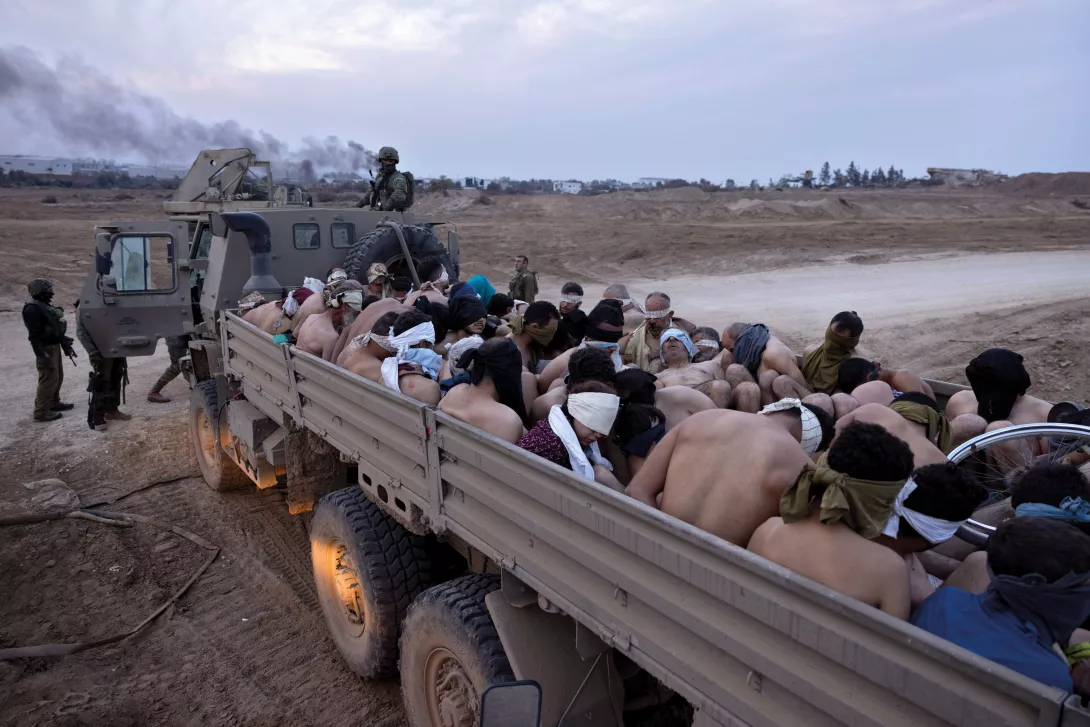
ON October 25 2023, Israeli politician Moshe Feiglin told Arutz Sheva-Israel National News that “Muslims are not afraid of us any more.”
It might sound odd that Feiglin saw the element of fear as critical to Israel’s well-being if not its very survival.
In actuality, the fear element is directly linked to Israel’s behaviour and fundamental to its political discourse.
More from this author
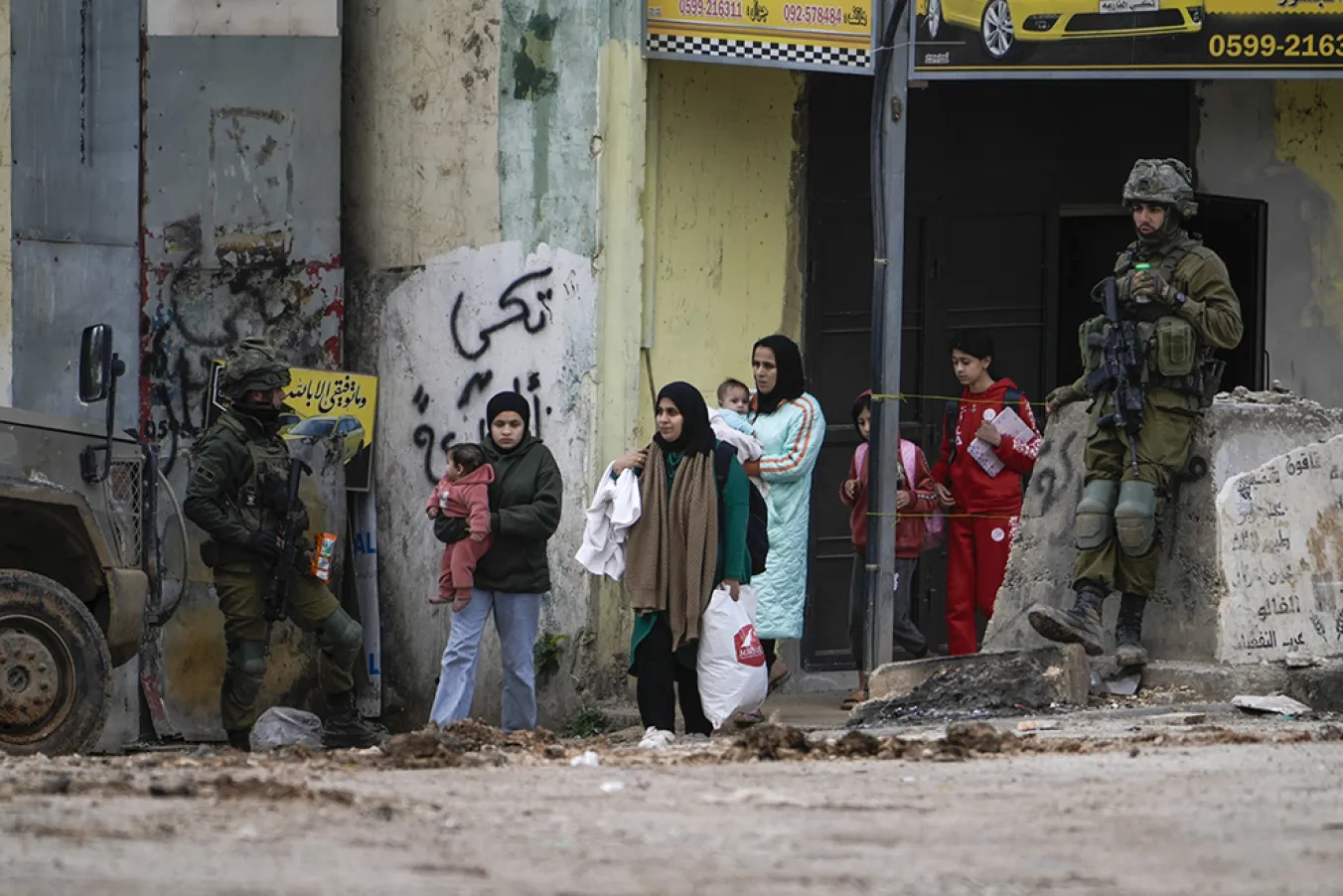
Will 2025 be a year of combat for Israel, as promised by the new IDF chief of staff, wonders RAMZY BAROUD
RAMZY BAROUD explains why, despite horrific losses and destruction, many Palestinians talk of return to their homes as a victory
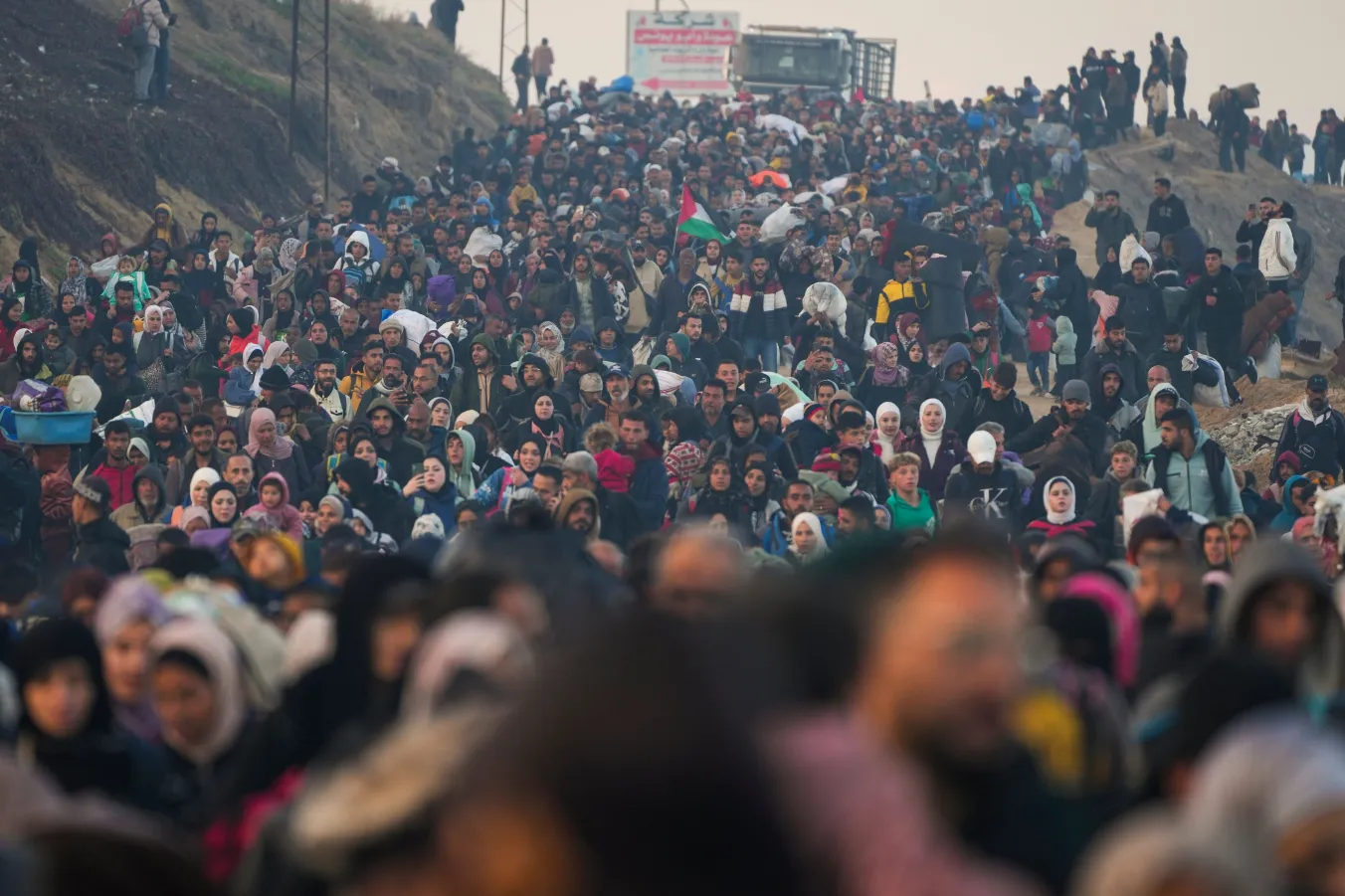
As Gazans return to the ruins of their homes, their chants and songs and moving spirit of defiance point the way to a new Palestinian future, by and of the people, writes RAMZY BAROUD

Though justice for Israel’s war crimes may be delayed, as long as there are pursuers like the Hind Rajab Foundation, it will someday be attained, argues RAMZY BAROUD
Similar stories
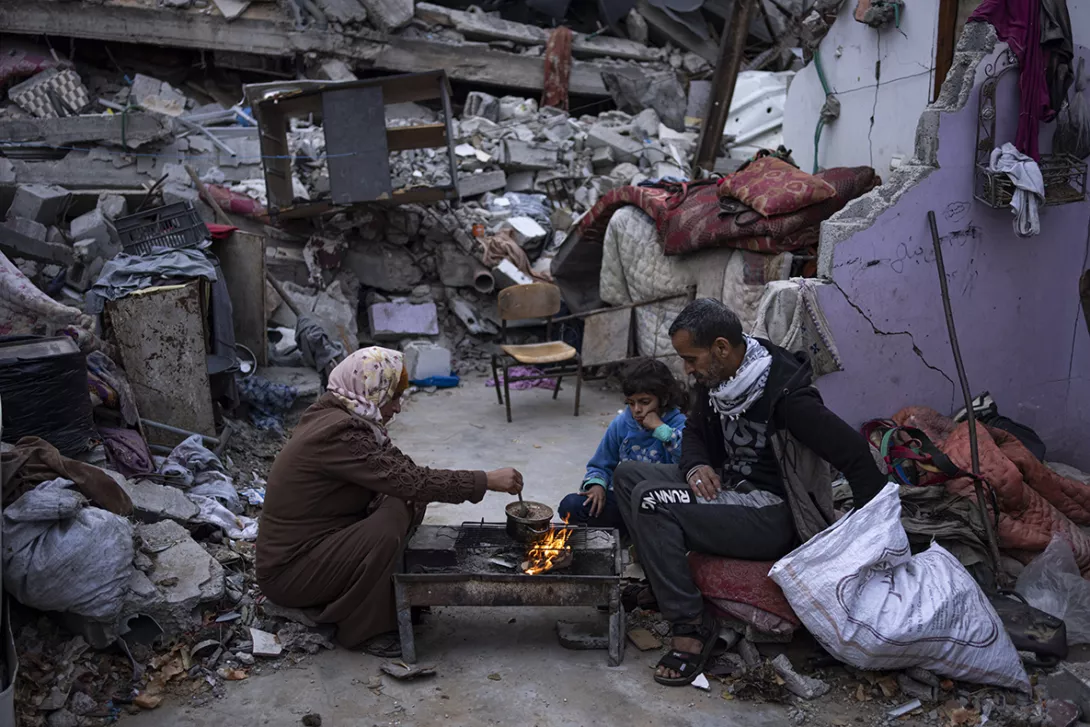
Israel's brutal war on Gaza has exposed it to potential legal accountability and failed to silence Palestinian resistance. Instead, the conflict has recentred the Palestinian cause globally, and revealed the limits of Israeli military power, writes RAMZY BAROUD
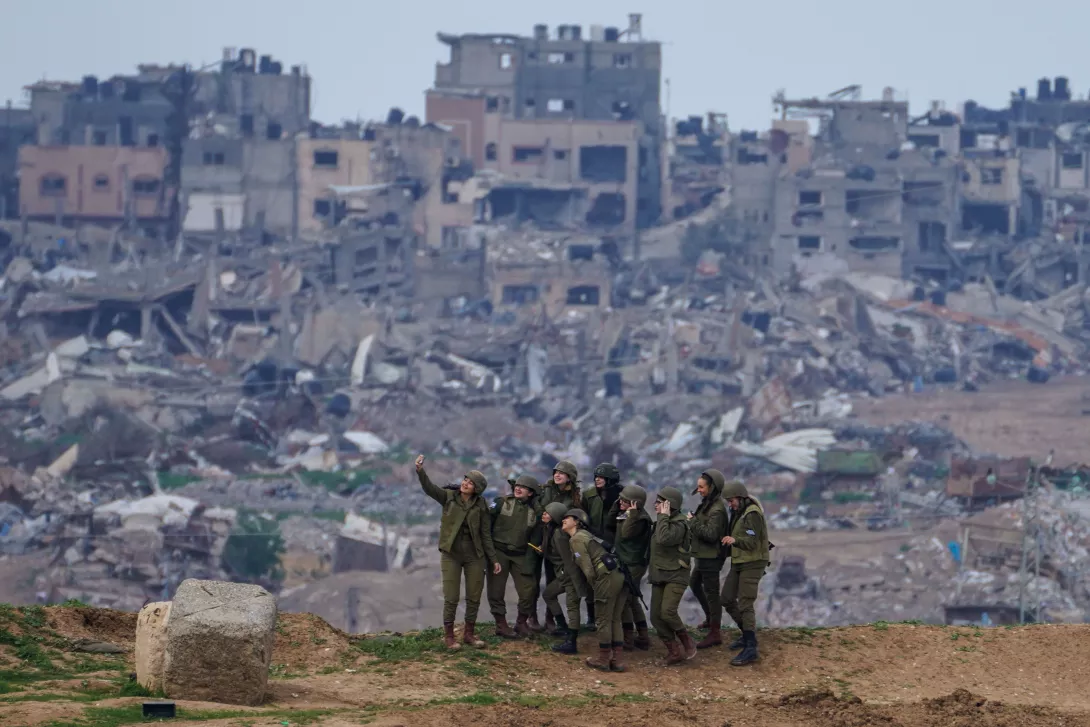
RAMZY BAROUD details the brazen scheme to recruit African asylum-seekers to fight in the IDF, a desperate measure that lays bare Israel’s deep systemic racism — and mounting recruitment crisis

RAMZY BAROUD exposes the growing rift between Israel’s religious zealots and its security establishment, as Kahanist ideology and growing settler violence begin to destabilise the delicate balance of the occupation regime
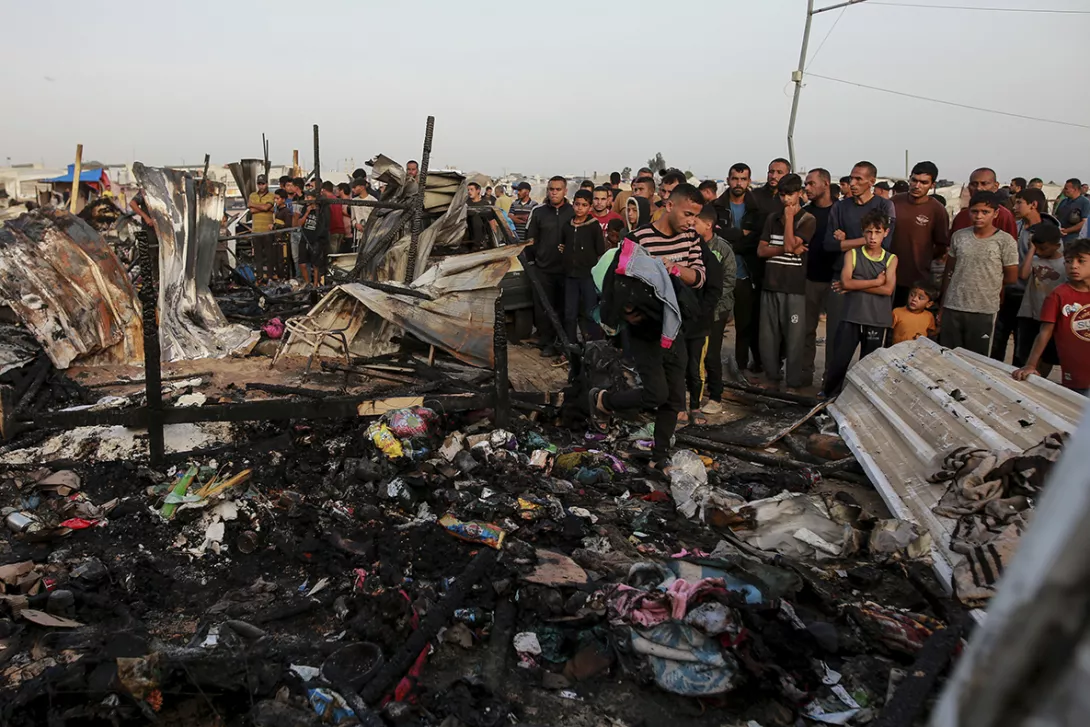
Spain’s deputy prime minister declares ‘from the river to the sea, Palestine will be free,’ as Europe finally catches up with global support for Palestinians, while Israel's language turns to existential fears, writes RAMZY BAROUD









